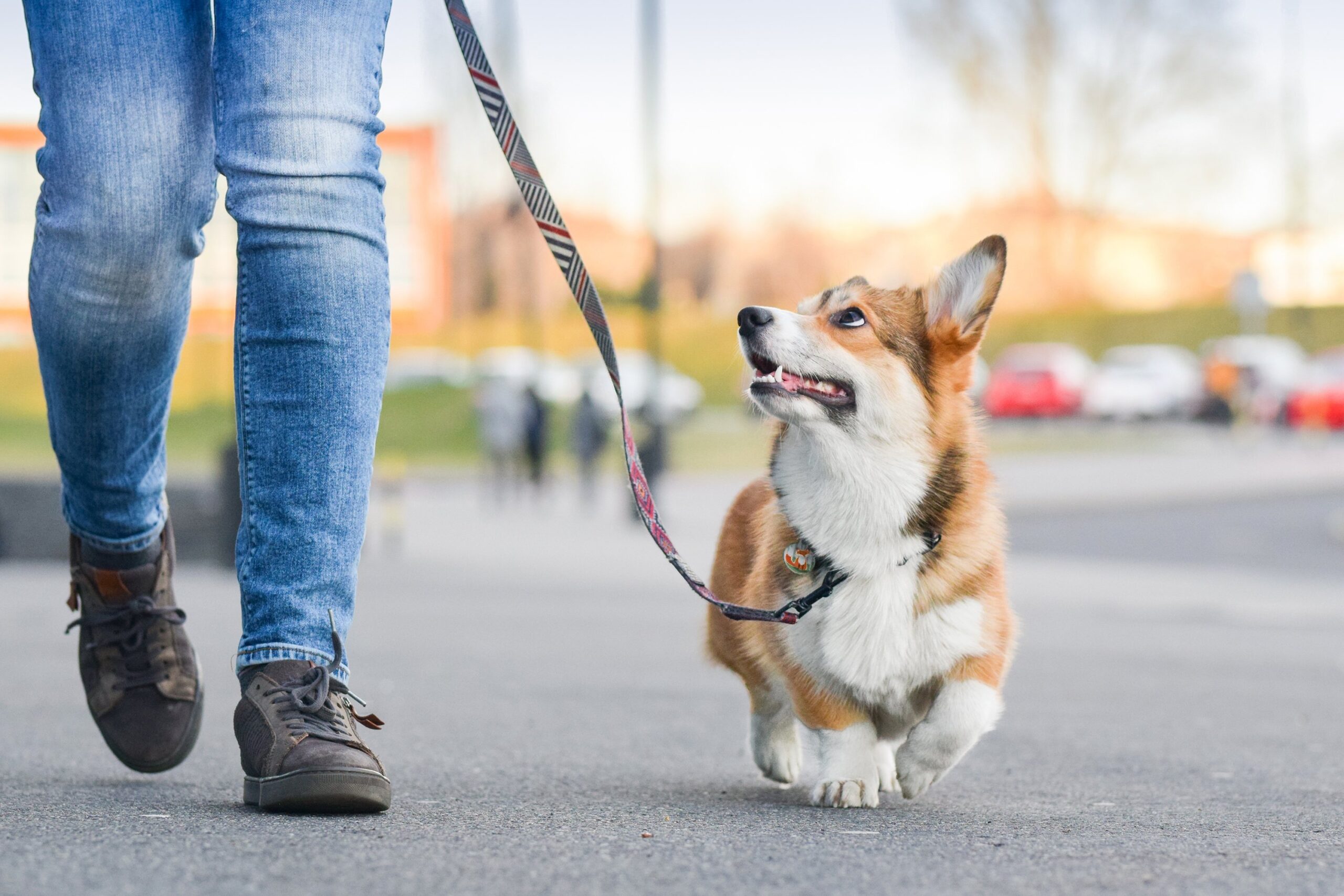In the world of dog ownership, finding the right collar can be as challenging as finding the right leash. With so many options available, it’s easy to feel overwhelmed. One collar that has gained considerable attention over recent years is the martingale collar. But what exactly is the verdict on martingale collars? Let’s look into into this popular dog accessory to uncover its benefits, uses, and potential downsides.
Understanding Martingale Collars
Martingale collars are a type of dog collar designed to provide more control without choking the dog. Unlike traditional collars, which maintain a constant size, martingale collars tighten slightly when the dog pulls. This tightening action prevents the dog from slipping out of the collar, making it a favorite among owners of dogs with narrow heads, like Greyhounds and Whippets.
The design of the martingale collar consists of two loops. The larger loop goes around the dog’s neck, while the smaller loop is attached to the leash. When the dog pulls, the tension on the leash causes the smaller loop to tighten the larger loop slightly. This gentle tightening action ensures that the collar fits snugly without causing discomfort or harm, providing a secure fit that traditional collars often fail to achieve.
The Benefits of Martingale Collars
One of the standout benefits of martingale collars is their ability to prevent dogs from slipping out. Dogs with narrow heads, such as Greyhounds and Whippets, are notorious for backing out of traditional collars due to their slim necks. The martingale collar’s unique design addresses this issue by providing a secure fit that adjusts when the dog tries to pull away. This feature alone makes it a valuable tool for owners of escape-prone dogs.
Another significant benefit is the gentle correction provided by martingale collars. Unlike choke or prong collars, which rely on sharp or intense pressure to correct a dog’s behavior, martingale collars offer a more humane approach. The gentle tightening action when the dog pulls provides a subtle yet effective signal that discourages unwanted behavior without causing pain or discomfort. This makes martingale collars an excellent tool for training, helping to create a positive training experience that builds trust and encourages cooperation between the dog and the owner.
Martingale collars are also highly versatile. They can be used on a variety of dog breeds and sizes, making them suitable for dogs with narrow heads and those that require a more secure yet gentle collar. The adjustable design allows for a customized fit, ensuring comfort and security for any dog. Additionally, martingale collars come in various materials, including nylon, leather, and fabric, catering to different preferences and needs.
The Downsides of Martingale Collars
Despite their many benefits, martingale collars are not without their drawbacks. One potential downside is that they can pose a risk if not used correctly. The tightening mechanism, while gentle, can still cause discomfort or injury if the collar is too tight or if the dog is left unsupervised while wearing it. It is crucial to ensure that the collar is properly fitted and that it is not left on an unsupervised dog to prevent potential risks.
Another consideration is that martingale collars may not be suitable for all dogs. While they are highly effective for dogs with narrow heads or those prone to slipping out of collars, they may not provide the same level of control for dogs that are strong pullers. In such cases, a harness or additional training might be more effective in reducing pulling behavior.
Real-Life Experiences: Testimonials from Dog Owners
Many dog owners who have switched to martingale collars report positive experiences. Jane, an owner of a Greyhound named Max, shares her story: “Max used to slip out of his regular collar all the time, which made walks stressful for both of us. Since switching to a martingale collar, he hasn’t escaped once. It fits snugly and comfortably, and I feel much more at ease during our walks.”
Similarly, Tom, who owns a Labrador named Bella, praises the collar’s training benefits: “Bella used to pull a lot during walks, making it hard to control her. The gentle correction of the martingale collar has made a huge difference. She’s much better behaved on the leash now, and our walks are more enjoyable.”
However, not all experiences are universally positive. Sarah, who has a Boxer named Duke, found that the martingale collar didn’t provide enough control for her strong puller: “Duke is very strong and tends to pull a lot. The martingale collar helped a bit, but I found that a harness gave me better control and made our walks safer.”
Expert Opinions: What Do Trainers Say?
Professional dog trainers also weigh in on the use of martingale collars. Many trainers recommend them for their gentle correction and effectiveness in preventing escapes. “Martingale collars are a great tool for dogs that tend to slip out of their collars,” says Lisa, a certified dog trainer. “They provide a secure fit and gentle correction, making them ideal for training and everyday use. However, it’s important to ensure that the collar is properly fitted and not used as a substitute for proper training.”
Another trainer, Mark, emphasizes the importance of using martingale collars correctly: “While martingale collars are generally safe and effective, they must be used correctly. Ensure the collar fits properly and never leave it on an unsupervised dog. It’s also essential to combine the use of the collar with positive reinforcement training techniques for the best results.”
Choosing the Right Martingale Collar
Selecting the right martingale collar involves considering several factors, including the dog’s size, behavior, and specific needs. Measure your dog’s neck to ensure the collar fits properly. The collar should be snug but not too tight. Most martingale collars are adjustable to provide a perfect fit.
Consider the material of the collar. Leather martingale collars are durable and stylish, while nylon collars are lightweight and easy to clean. Determine the primary purpose of the collar. If you need a collar for everyday use, a standard martingale dog collar will suffice. For training purposes, consider a collar with additional features such as padding for extra comfort.
The Verdict
So, what is the verdict on martingale collars? Overall, martingale collars offer numerous benefits, making them a valuable tool for many dog owners. They provide a secure fit, gentle correction, and are suitable for a wide range of dog breeds and behaviors. Whether you are looking to prevent escapes, reduce pulling, or simply provide a comfortable and secure collar for your dog, martingale collars are a solid choice.
However, like any tool, they must be used correctly to ensure safety and effectiveness. Proper fitting, supervision, and combining the collar with positive reinforcement training techniques are key to getting the most out of a customized martingale dog collar. While they may not be suitable for all dogs, especially strong pullers, their versatility and humane design make them a preferred option for many.
In conclusion, the martingale collar stands out as a reliable, humane, and effective tool in the world of dog collars. Whether for training or general use, its benefits are clear, and when used correctly, it can enhance both the safety and enjoyment of your walks with your furry friend.

 Blog3 years ago
Blog3 years ago
 Dog Breeds3 years ago
Dog Breeds3 years ago
 Dog Breeds3 years ago
Dog Breeds3 years ago
 Blog9 months ago
Blog9 months ago
 Dog Breeds3 years ago
Dog Breeds3 years ago
 Blog2 years ago
Blog2 years ago
 Blog4 years ago
Blog4 years ago
 Dog Breeds3 years ago
Dog Breeds3 years ago



